A Time to Laugh
While preparing to write this blog, I read again the beautiful and familiar passage in Ecclesiastes 3, verses 1 to 8:
“There is a time for everything and a season for every activity under heaven: A time to be born and a time to die, A time to plant and a time to uproot, A time to kill and a time to heal, A time to tear down and a time to build, A time to weep and a time to laugh, A time to mourn and a time to dance, ….”
After reading the whole passage, the song “Turn! Turn! Turn!” arrived in my head and kept going round and round – a proper ear-worm!



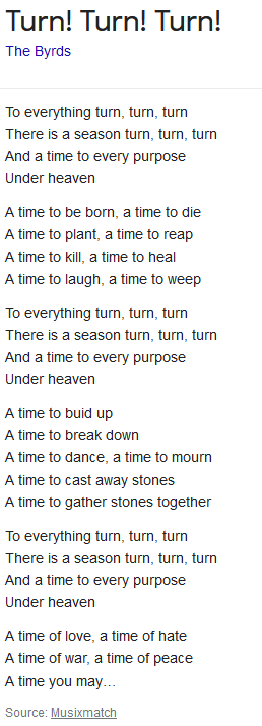
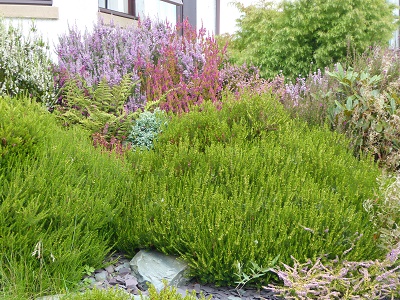
Since coming to Scotland, I have derived great pleasure from the changing of the seasons because they are far more noticeable here than in the South Africa. However, I have also learnt that the weather is unpredictable and doesn’t always behave according to the season. And so it is with my emotions. I have found that I can be going along quite merrily when out of the blue I experience what Alan Wolfelt in “Healing a Spouse’s grieving Heart” calls a “griefburst” (page 62). Similarly, the opposite can happen and something can make me laugh in the midst of tears. Whereas the “griefburst” brings back all the pain, laughter seems to drive it away, if only for a brief while. At my mother’s funeral, a friend of hers came up to me and told me that my mother had been such fun to be with. She claimed that my mother had apple-pied their beds at a conference! It was such a ridiculous thought that my brother and I had a good laugh about afterwards. My Dad had always been the one for practical jokes, but Mom had been the serious one and never indulged in that kind of fun at home. I still find that story difficult to believe.
I first encountered the idea of “laughter is the best medicine” over thirty years ago when I read the book “Fear No Evil” by the late Evangelist, David Watson. The book is a moving account of his battle with cancer in the final year of his life. He works through all the big questions like “Why does God allow suffering?” and “Why does God not heal everyone who asks for prayer?” There are also a number of references to laughter. Soon after his diagnosis of secondary liver cancer, he goes to the cinema with some friends to see a “Pink Panther” film. On page 27 he says, “Every now and then my mind was turned back to the fact of cancer, and I was afraid. But on the whole I forgot everything with the hilarious actions and accents of Peter Sellers. Laughter is one of God’s great gifts and a delightful means of relaxation.” On pages 84 and 85, David Watson discusses the book “Anatomy Of An Illness” by Norman Cousins. While Norman Cousin was being treated in hospital for the painful disease of ankylosing spondylitis, “he obtained a lot of comedy films, such as Candid Camera and the old Marx Brothers classics.” Cousins found that ten minutes of laughter gave him two hours of pain-free sleep. The saying “Laughter is the best medicine” is attributed to Norman Cousins.
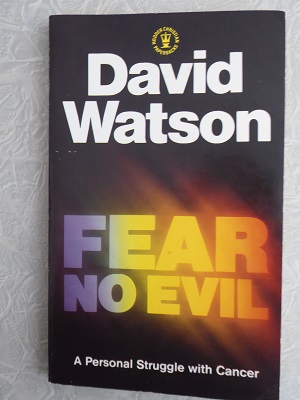
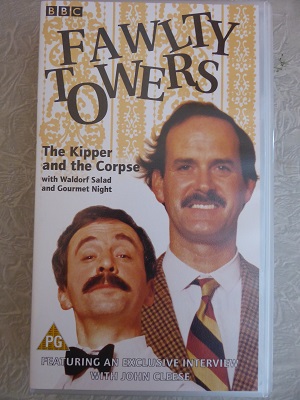
When my mother died in 1999, I remembered what I had read about the benefits of laughter and thought it was worth a try to see if wathcing comedy programmes could help me to relax and sleep better. The box set that I borrowed from the library was “Fawlty Towers”. It worked very well until we came to the episode of “The Kipper and the Corpse”. Basil Fawlty’s attempts to hide the corpse of a guest brought on a severe “griefburst” instead of the intended laughter. The sight of the corpse took me right back to seeing my Mom’s cold body in the hospital bed when I went to identify her and sign the death certificate. Apart from that one episode, it was a successful experiment!
After Tom’s death I asked my friends to recommend some gentle comedy series. Having lived in South Africa for most of my life, I had never seen (nor heard of) “Keeping Up Appearances”, “The Good Life”, “To the Manor Born” and “As Time Goes By”. These became my staple viewing for many months. At times I simply had to laugh out loud and the more I giggled, the more relaxed and happy I felt.
In an article entitled “Laughter Is the Best medicine”, published in the Psychiatric Times, Volume 35, Issue 8, (16 August 2018) Kavita Khajuria discusses the many benefits of laughter. She claims that laughter lowers blood pressure and reduces the symptoms of anxiety and stress. She also says that increased use of humour in the period following the death of a spouse was found to promote greater emotional resilience.
When we have a wound, we treat it and bandage it up to prevent it from further injury. I found that what I was doing, almost subconsciously, was trying to protect my raw emotions. Apart from watching comedy programmes, I also turned to books that I had already read and that I knew would not disturb me emotionally. Books like those by Agatha Christie and Miss Read. Rereading Jane Austen was also of great comfort. Knowing the plots, I could concentrate on her beautiful writing and great comedy. It took a long time for me to force myself out of this comfort zone. However, when the time was right, I joined a literature class where I would be challenged to read books that I would never have discovered on my own.
There is a time to weep and a time to laugh. There is a time to tear and a time to mend. Sometimes, one wonders if the season will ever change, but at the right time, it always does.
“A cheerful heart is good medicine, but a crushed spirit dries up the bones.” Proverbs 17:22
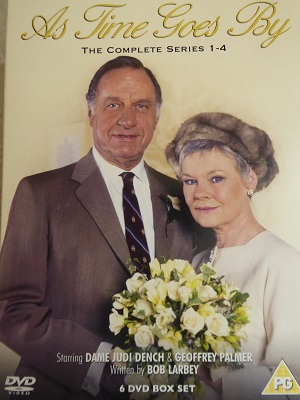
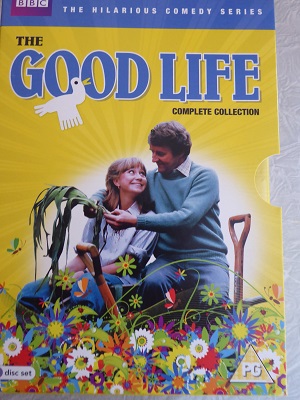
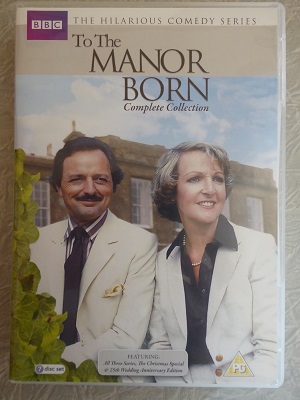

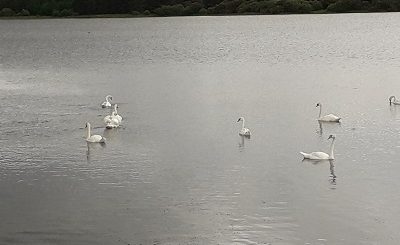


Great window today Marĺene
Thank you, Jick!